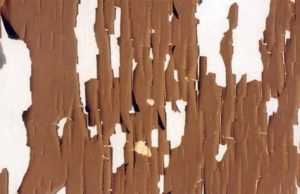
Water tank projects, such as reconditioning or new construction, are a monumental investment for a community. In order to make that investment last throughout its entire expected life cycle, it is crucial to ensure the work is completed according to the specifications.
Many communities will opt for part-time inspections to save money, but this can often end up costing more in the long run. This article investigates the difference between full- and part-time NACE/AMPP inspections and what to expect.
Up until the late 1970’s, inspections were not a common service, aside from a final evaluation, usually conducted by the contractor or engineer. Inspection services became a necessity over time as it was revealed that 75% of coating failures can be linked back to poor surface preparation (acc. to NACE). In the past, the average coating systems lasted 10-12 years, which meant tank owners had to recondition their tanks 8-10 times throughout their expected life cycle. This led to owners wanting an on-site inspector to verify quality of work throughout the project.
Inspection services became a must. Trained, qualified inspectors observe the work being performed in all stages of the project to identify early coating failures for a quality, long-lasting product. Today coating systems last on average over 25 years due to the engineering of better coating systems, thorough specifications that allow inspectors to fully understand the scope of the project, and the verification of proper surface preparation and application. This leads to a crucial decision, though: full- or part-time inspections.
As mentioned before, the biggest reason why communities go with part-time inspections is due to their budget. However, this raises the question of whether or not this truly saves money. With full-time inspection services, there is a greater chance of eliminating premature coating failures as real time production is observed. Part-time, otherwise known as “hold-point” inspections, may not allow the inspector ample opportunity to catch non-specification-conforming processes, as they are not aware of everything that has happened leading up to that point. If a coating failure is not caught, it can develop into a much bigger issue later on, costing the tank owner more than if they had initially hired a full-time inspector.
Is a reconditioning or new construction project in your future? Wondering if full-time inspection services is the better offer? Give KLM Engineering a call today at 651-773-5111 or email info@klmengineering.com. Our experienced staff will take the time to fully understand the project to help you determine the best course of action.
